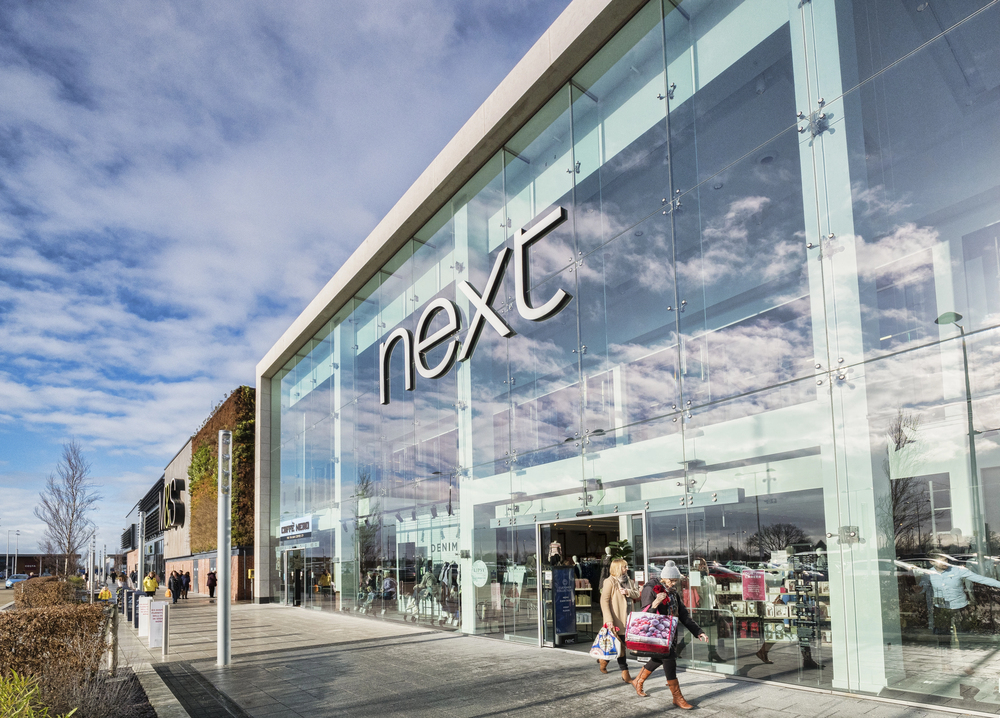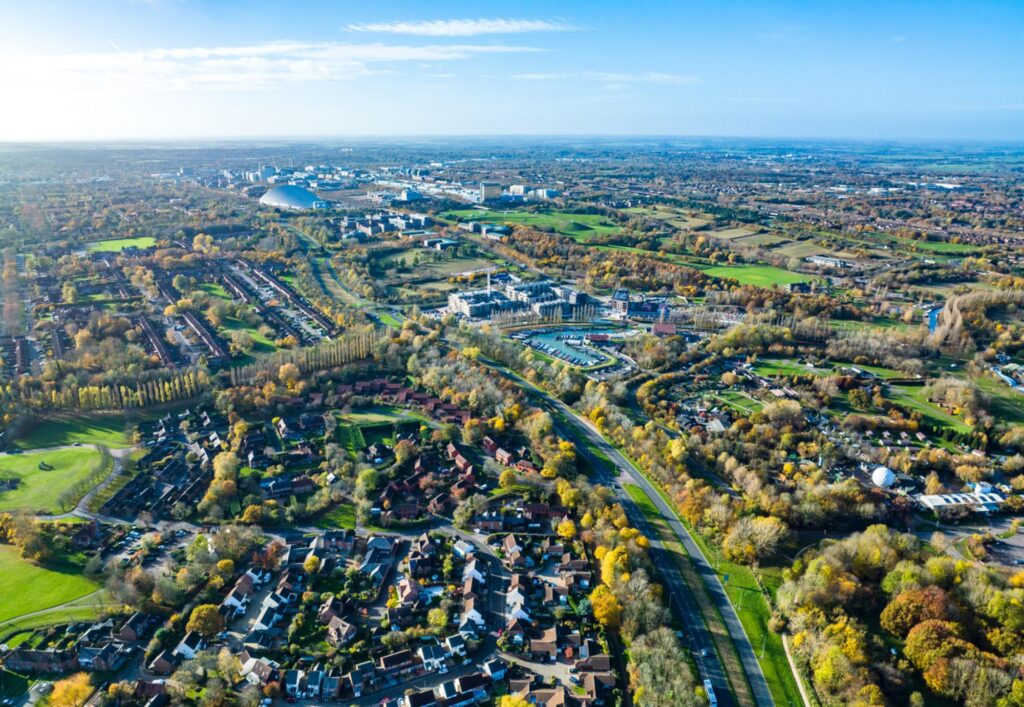The rollout of 5G across the UK is ushering in a new era of speed, connectivity, and innovation. For businesses in the Midlands, this shift isn’t just a technical upgrade, it’s a gateway to fresh opportunities across sectors like manufacturing, logistics, digital services, and healthcare. As cities in the region adopt 5G infrastructure, local firms are already exploring how faster, low-latency networks can keep them competitive in a digital-first economy.
Driving Innovation Across Sectors
One of the standout benefits of 5G is its ability to support massive data flows with minimal delay. For advanced manufacturers in the Midlands, this enables real-time monitoring of equipment and predictive maintenance using Internet of Things (IoT) sensors. Coventry-based HORIBA MIRA has already integrated 5G into its autonomous vehicle testing. Backed by the West Midlands 5G (WM5G) initiative, its testbed allows connected vehicles to communicate with infrastructure, collecting instant data to improve safety and efficiency.
Beyond manufacturing, 5G is also making an impact in other sectors. In e-commerce, faster connectivity means smoother browsing, quicker checkouts, and better use of augmented reality tools. In entertainment, especially online casinos, 5G boosts live gaming quality and reduces lag, creating a more immersive and responsive experience. Many platforms featured on the UK online casinos list now deliver seamless mobile play backed by 5G, allowing users to enjoy thousands of games on the go. These sites also offer fast payouts, a range of transaction options, and perks like welcome bonuses, cashback deals, and free bets, all made smoother and more reliable thanks to 5G connectivity. These advancements show how 5G is reshaping digital experiences across industries.
Supporting Startups and SMEs
Small and medium-sized enterprises (SMEs), which make up the bulk of Midlands businesses, stand to benefit most from reduced barriers to innovation. 5G allows these businesses to adopt cloud-based tools, remote collaboration platforms, and immersive training without the heavy infrastructure costs of older systems.
The 5PRING accelerator programme, backed by WM5G and running in Birmingham, Wolverhampton, and Coventry—has supported numerous startups working on 5G-enabled solutions. One participant, Birmingham-based Conigital, is using 5G to develop AI-driven mobility platforms that could reshape how goods and people move in smart cities. Other startups have explored everything from virtual event spaces to real-time quality monitoring in small-scale manufacturing.
These innovations not only boost productivity but also open up new revenue streams for SMEs across the region. As 5G infrastructure continues to expand, more local businesses are expected to experiment with cutting-edge solutions that were previously out of reach.
Enhancing Logistics and Infrastructure
The Midlands is strengthening its role as a national logistics hub through the adoption of 5G technology. At Tyseley Energy Park in Birmingham, projects like SSE’s electric HGV charging hub and Voltempo’s eFREIGHT 2030 are transforming freight transport by supporting faster charging and enhanced vehicle telematics. These initiatives aim to reduce emissions and improve turnaround times for commercial fleets. WM5G has also supported pilot programs that use 5G to optimise parking availability and streamline last-mile delivery, such as trials with AppyWay and the LAST MILE project with the University of Warwick.
These efforts show how real-time data, faster communication, and smart infrastructure can boost efficiency across logistics operations. With strong road and rail links already in place, the Midlands is using 5G to future-proof its transport sector, creating scalable models for fleet management, warehousing, and delivery that could shape the future of logistics across the UK.
Improving Health and Public Services
Beyond business, 5G is opening doors in public services. In Wolverhampton, healthcare providers teamed up with WM5G to explore remote diagnostics using connected devices. One pilot involved a pill-sized camera enabled by 5G that allows clinicians to conduct internal diagnostics while the patient remains at home—an approach that combines high-definition video and real-time data for more convenient assessments.
This type of innovation is expected to expand as the NHS continues its digital transformation. Midlands-based health tech firms are already developing wearable monitors, virtual care platforms, and alert systems that rely on uninterrupted high-speed networks. These tools can help reduce wait times, improve outcomes, and ease pressure on frontline services.
A Foundation for the Future
The rollout of 5G is not yet complete, but the Midlands is ahead of the curve thanks to targeted investment and strong public-private collaboration. With the region’s strength in advanced manufacturing, transport, and technology, 5G’s benefits are already being realised.
Birmingham’s Smart City strategy, Coventry’s role in the Midlands Future Mobility project, and the West Midlands’ integration of 5G in rail transport trials all show that the region isn’t just ready for 5G—it’s actively shaping how it’s used. From connected roadways to digital planning tools, 5G is becoming a core part of what’s next.
Conclusion
5G is driving real innovation in the Midlands, helping businesses cut costs and unlocking smarter tools and services. From AI mobility startups in Birmingham to autonomous vehicle testing in Coventry, the impact is already clear. As 5G access expands across the region, the Midlands is well positioned to lead the UK in digital transformation, regional competitiveness, and connected infrastructure.






